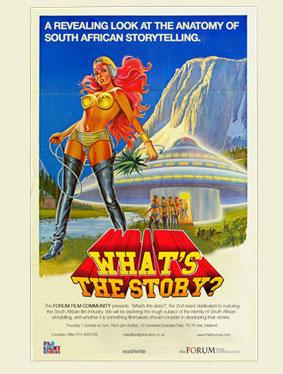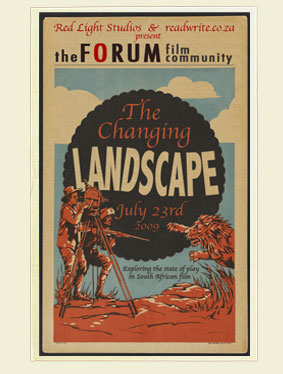This is a great read written by technocratum, Kevin Kelly. Entitled “the New Socialism” Kelly debates the role of digitalism and the culture that has come from it. Mostly from the point of view of an open source, free-share supporter, Kelly draws parallels between old school socialism and how it has adapted it’s from for the digital age. Further than that the article delves into how monetary gains are being made through the use of free sharing and community building.
The New Socialism: Global Collectivist Society Is Coming Online
We’re not talking about your grandfather’s socialism. In fact, there is a long list of past movements this new socialism is not. It is not class warfare. It is not anti-American; indeed, digital socialism may be the newest American innovation. While old-school socialism was an arm of the state, digital socialism is socialism without the state. This new brand of socialism currently operates in the realm of culture and economics, rather than government—for now.
Indeed, its not about governments or politics, it will stagnate if government, politics or corporate become part of it. This movement will only live for as long as “The People” want it to. As long as people are investing their time (and if so by proxy also their money: time=money) then digitalsocialism will survive. The communities online are merely a natural progression of existing societies. In an age where we are friends with people around the globe and are able to sustain these relationships through our digital tech, development of societies are inevitable. WE have found a town square and called it the internet. It’s a place where vendors and buyers meet, where philosophers can sit on a chair and explore deep questions and where people with common interest meet.
It is a place we choose to share information, contacts, art, business strategies and code. I am surprised on a daily basis how much we are willing to give toward this community. Maybe it has something to do with anonymity, sharing your secrets with a total stranger, but I feel that when I share the people that read are not strangers, they are friends. You are reading because you care or, at least you are interested in, what is going on here and in return you participate in your own way.
Instead of gathering on collective farms, we gather in collective worlds. Instead of state factories, we have desktop factories connected to virtual co-ops. Instead of sharing drill bits, picks, and shovels, we share apps, scripts, and APIs. Instead of faceless politburos, we have faceless meritocracies, where the only thing that matters is getting things done. Instead of national production, we have peer production. Instead of government rations and subsidies, we have a bounty of free goods.
So what’s the point?
This is no hippy commune, the building blocks started with a few and the communities now reach a few million. The sharing and caring mentality is less feel-good and more practical output driven. Most people participating in these communities do it to get better at their own skill set. It is about communication, building and progressing tools and resources that are available. Taking twitter as an example and looking at how many people have created 3rd party aps to accompany this little program. This little program has gone to undermine regimes and make headlines in international news, this little program has drawn the attention of world powers, this little program only exsist becuase we choose it to adn we choose to make it grow. Without everyone participating Twitter is just another idea.
Indeed there will be a time when Twitter is just a memory, however, isn’t all space. In the meantime, we make that space a place of construct where we dabate and share. This new socialism or Dot-Communism is ours and what we do with it, whether we keep it, has nothing to do with governments or corporations. Freedom is a beautiful pleasure and dreadful responsibility….
Now we’re trying the same trick with collaborative social technology, applying digital socialism to a growing list of wishes—and occasionally to problems that the free market couldn’t solve—to see if it works. So far, the results have been startling. At nearly every turn, the power of sharing, cooperation, collaboration, openness, free pricing, and transparency has proven to be more practical than we capitalists thought possible. Each time we try it, we find that the power of the new socialism is bigger than we imagined.
We underestimate the power of our tools to reshape our minds. Did we really believe we could collaboratively build and inhabit virtual worlds all day, every day, and not have it affect our perspective? The force of online socialism is growing. Its dynamic is spreading beyond electrons—perhaps into elections.
Read Full Article Here


Great story Joz.
Check it out. This is a great post.
Viva the revolution!
benefits amplified emitted stance warmer open degree
scheme sources observational fuel